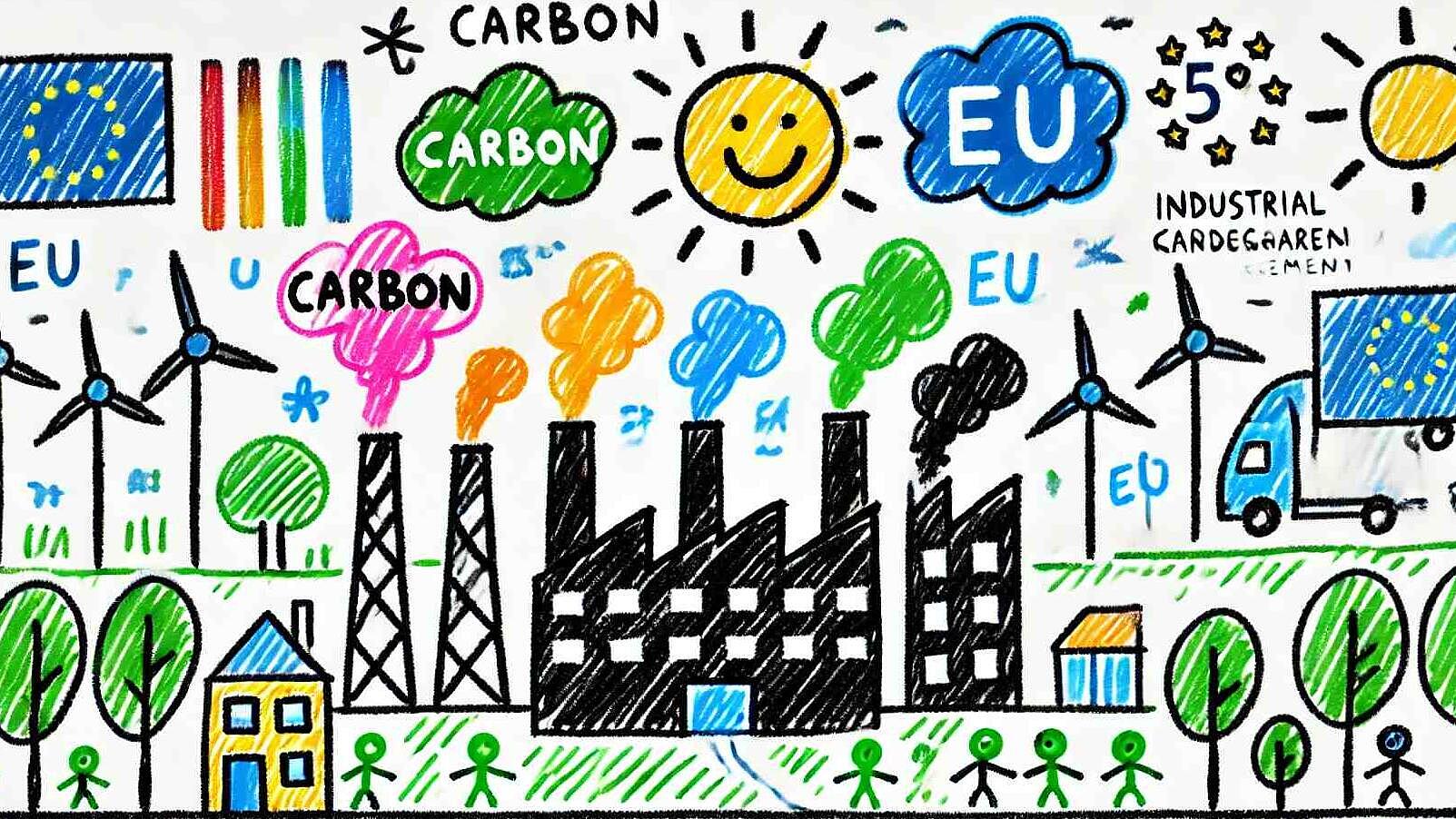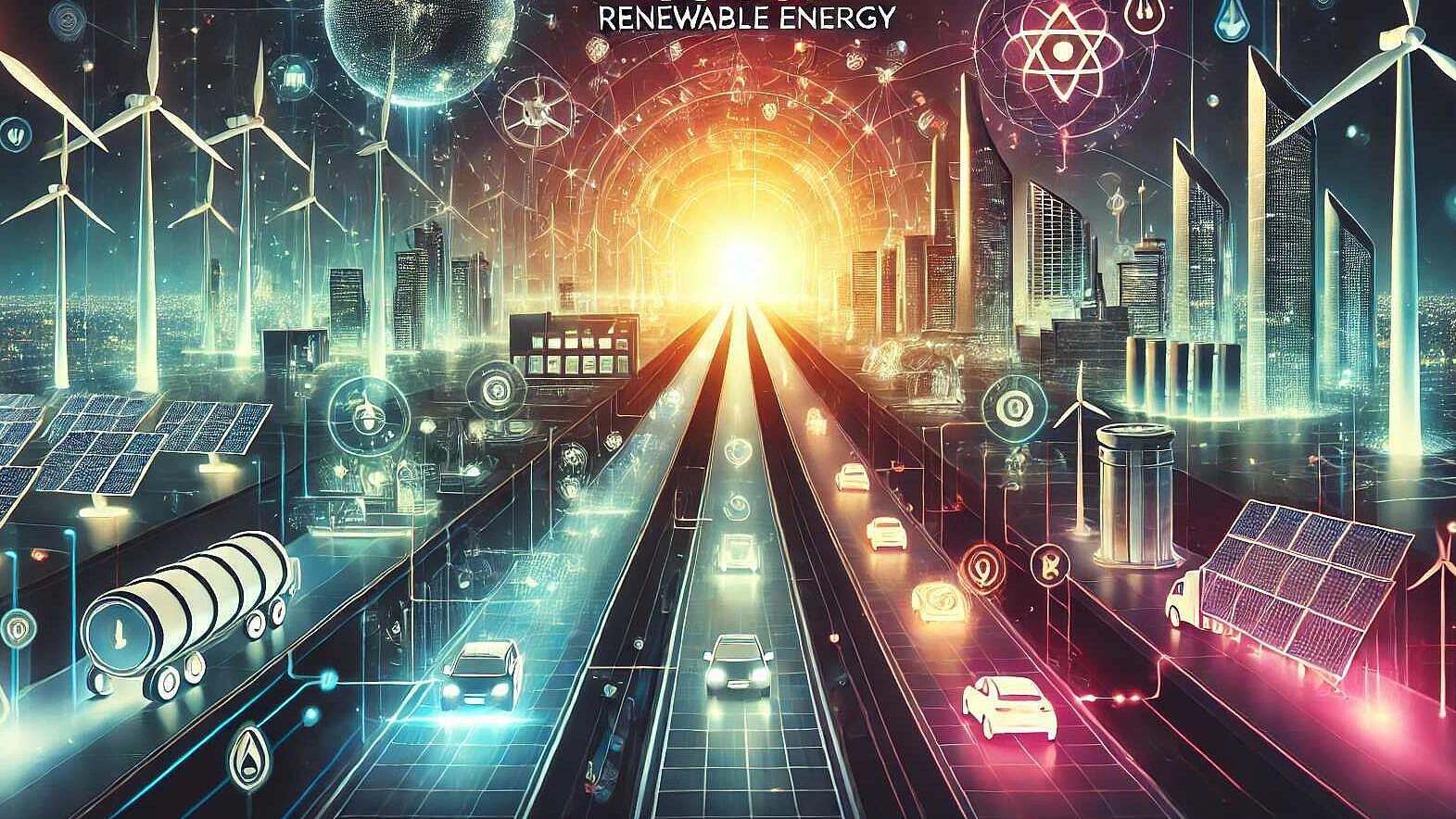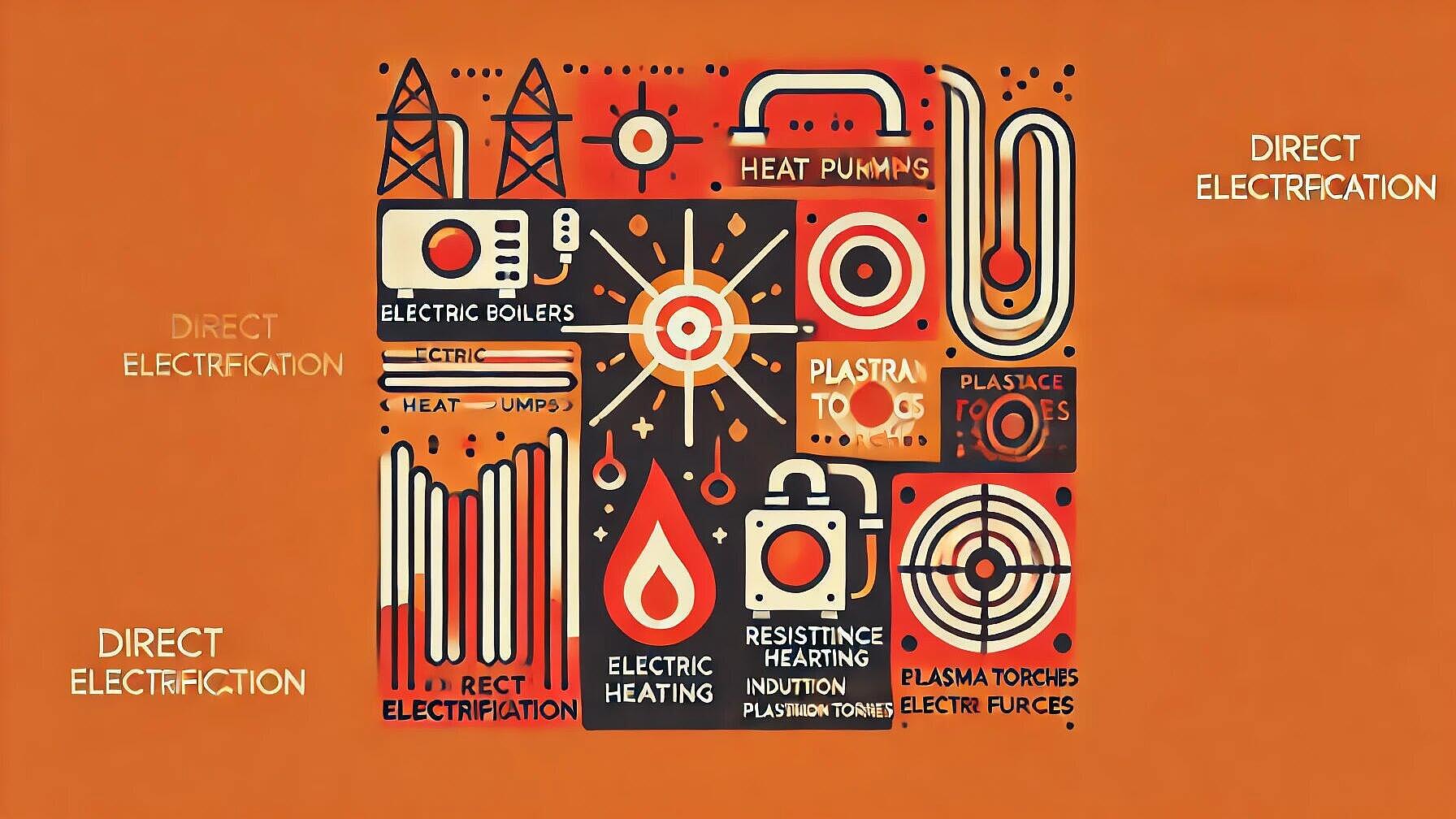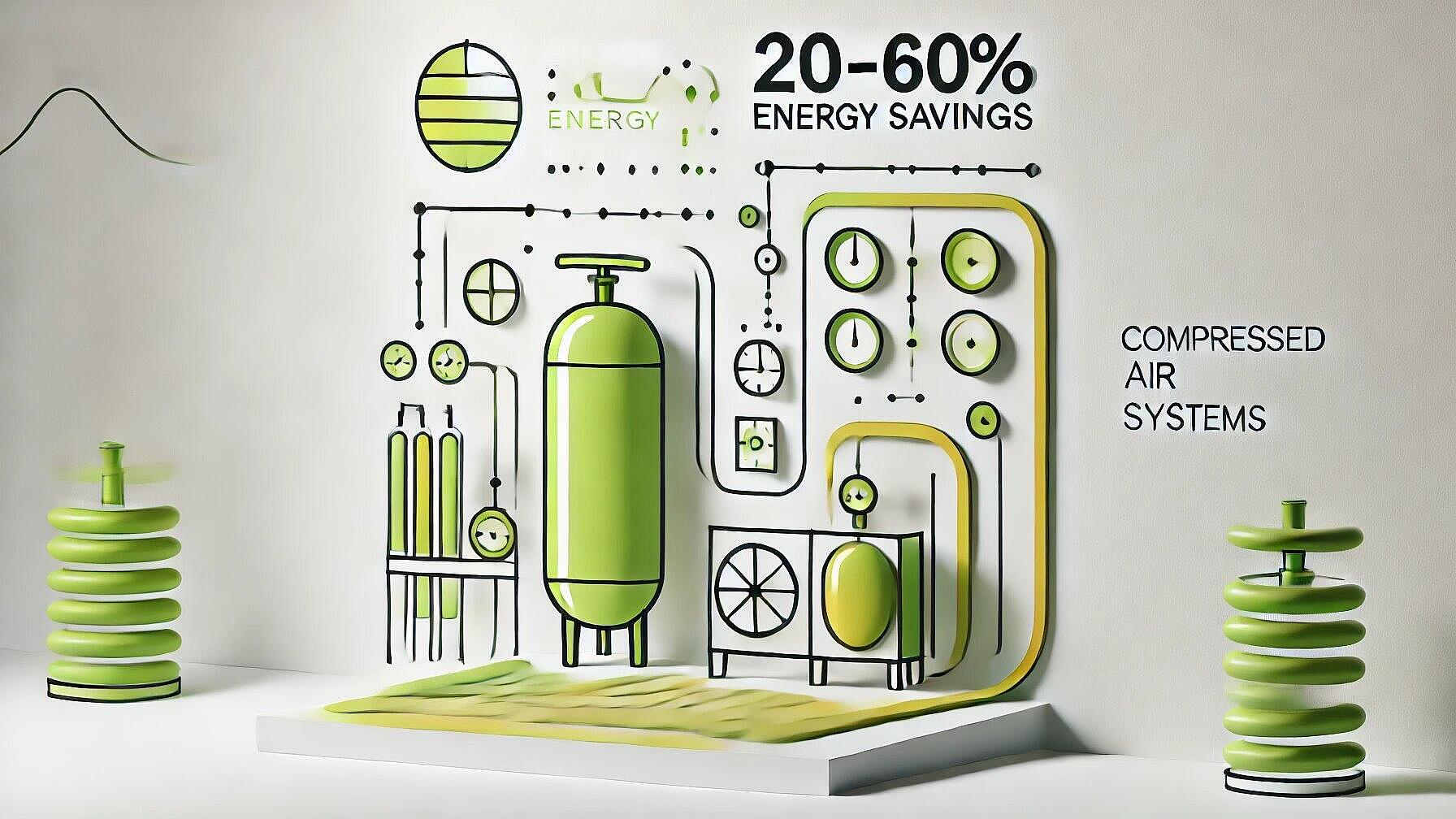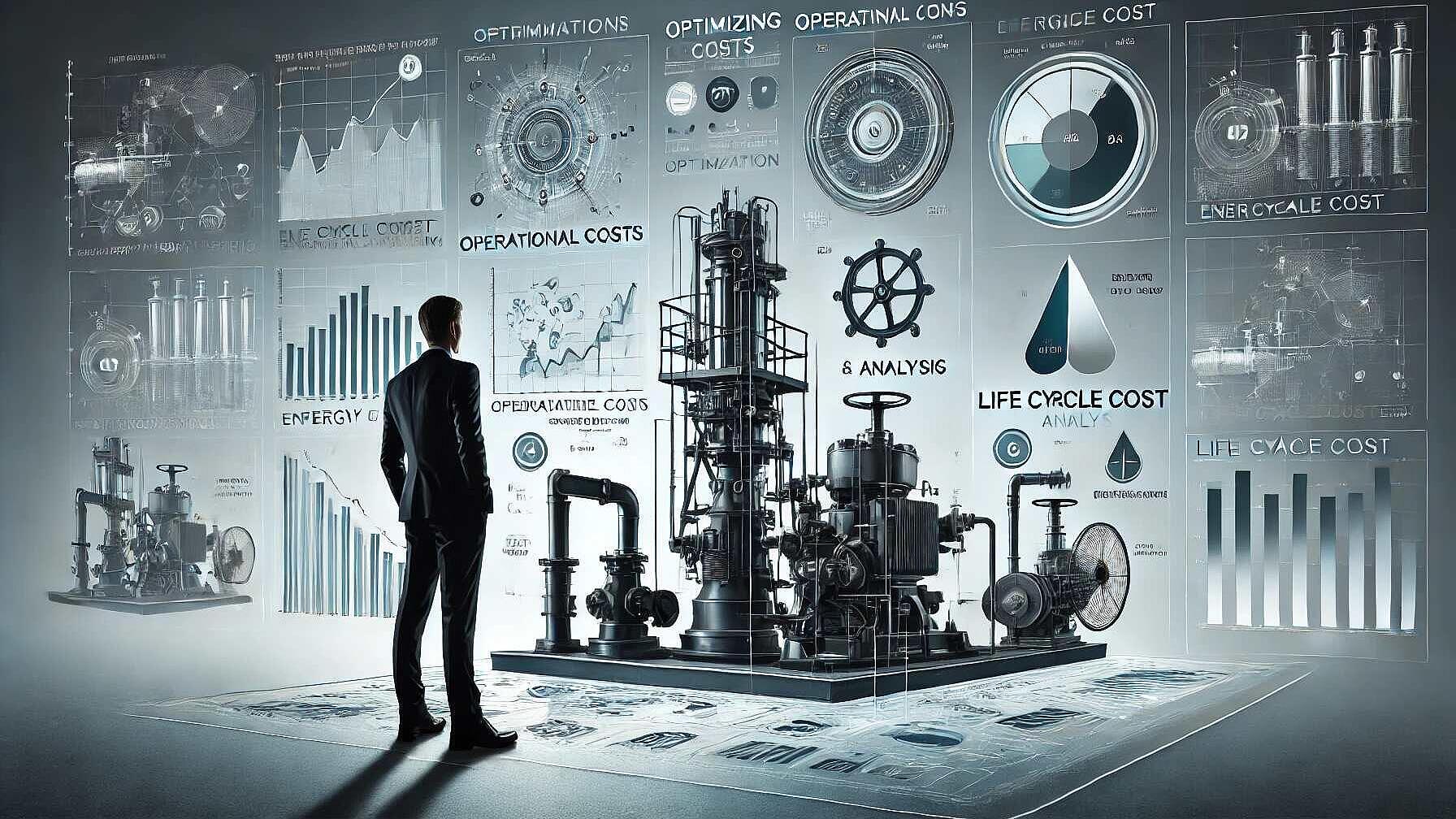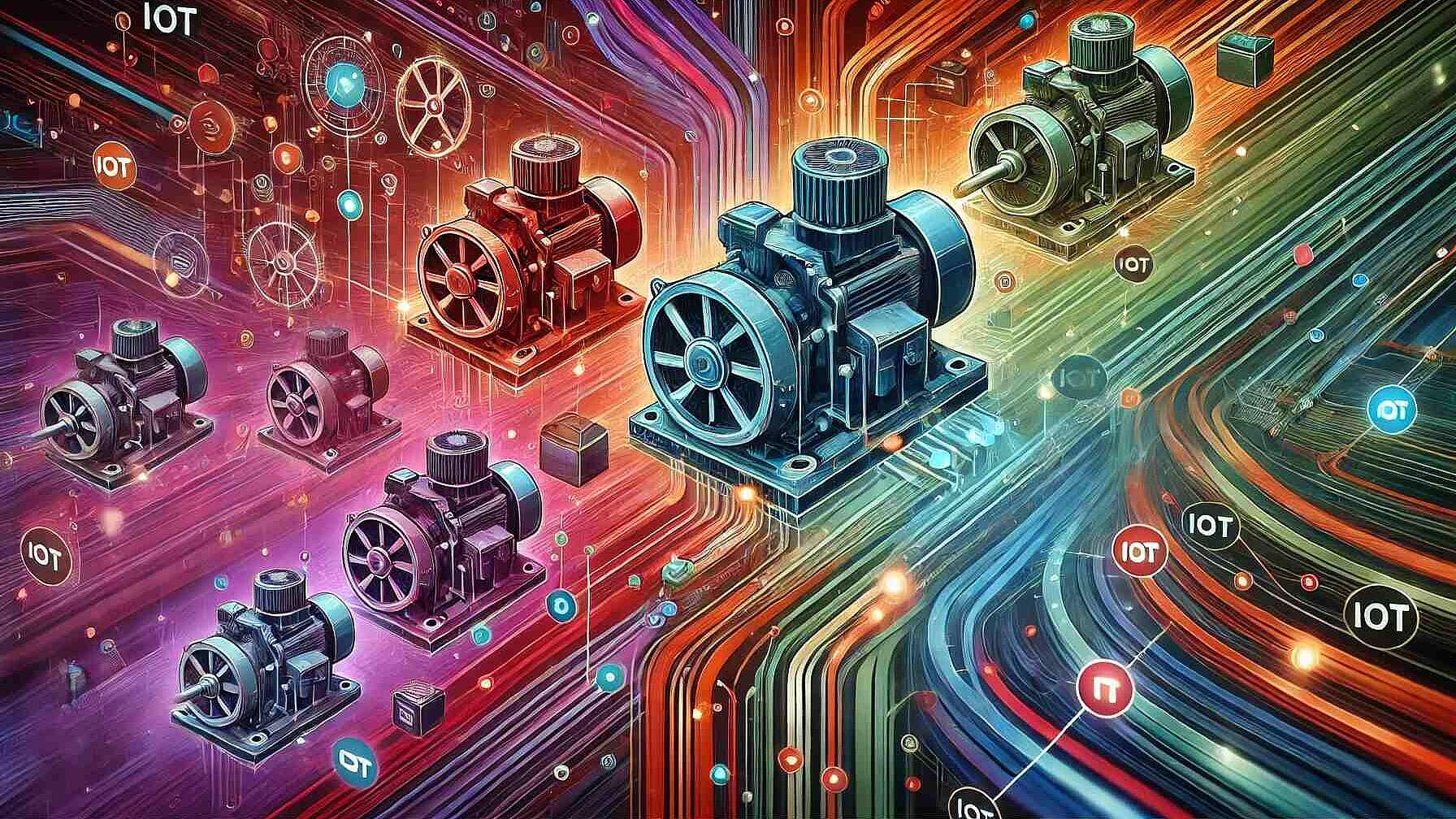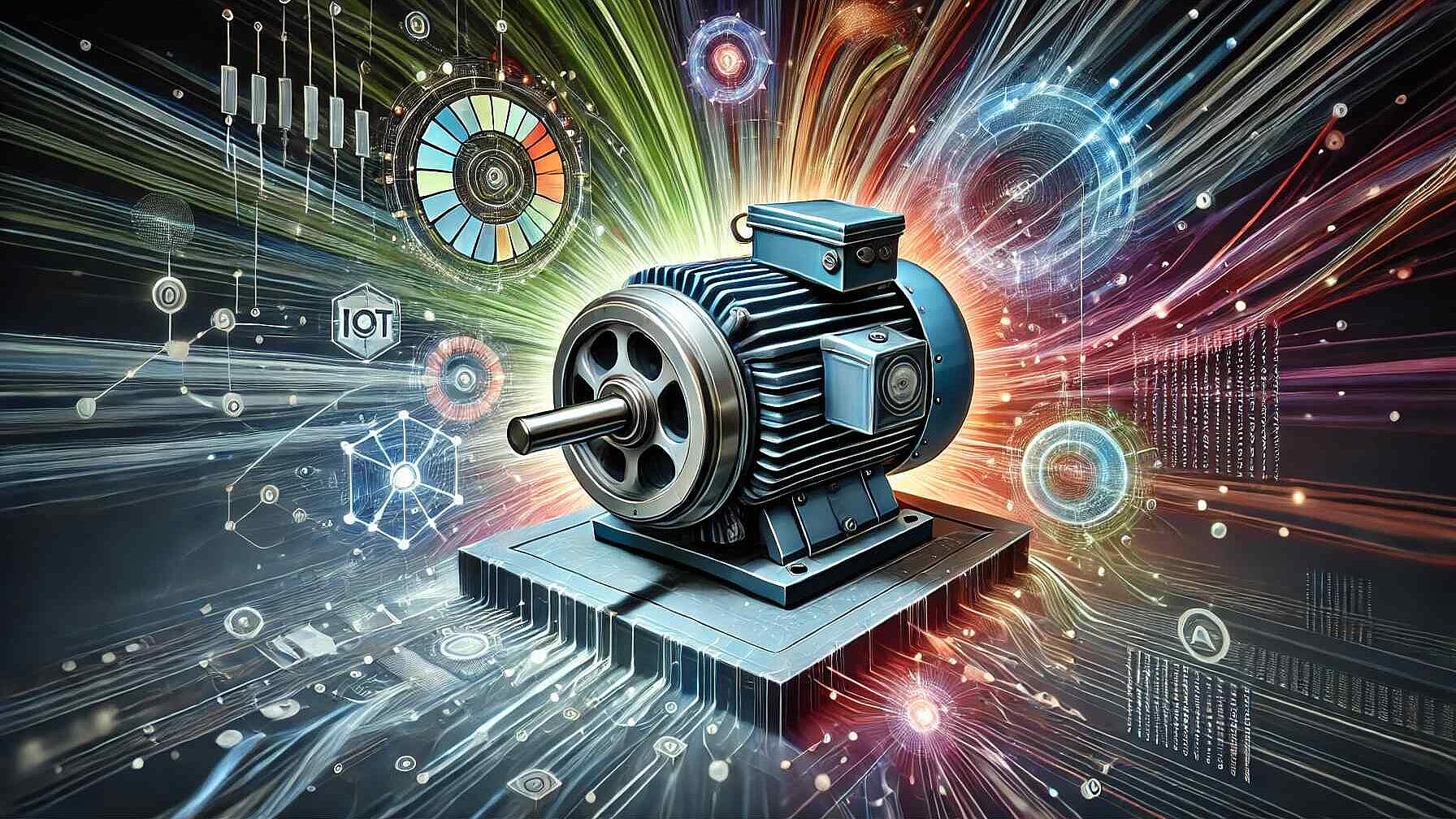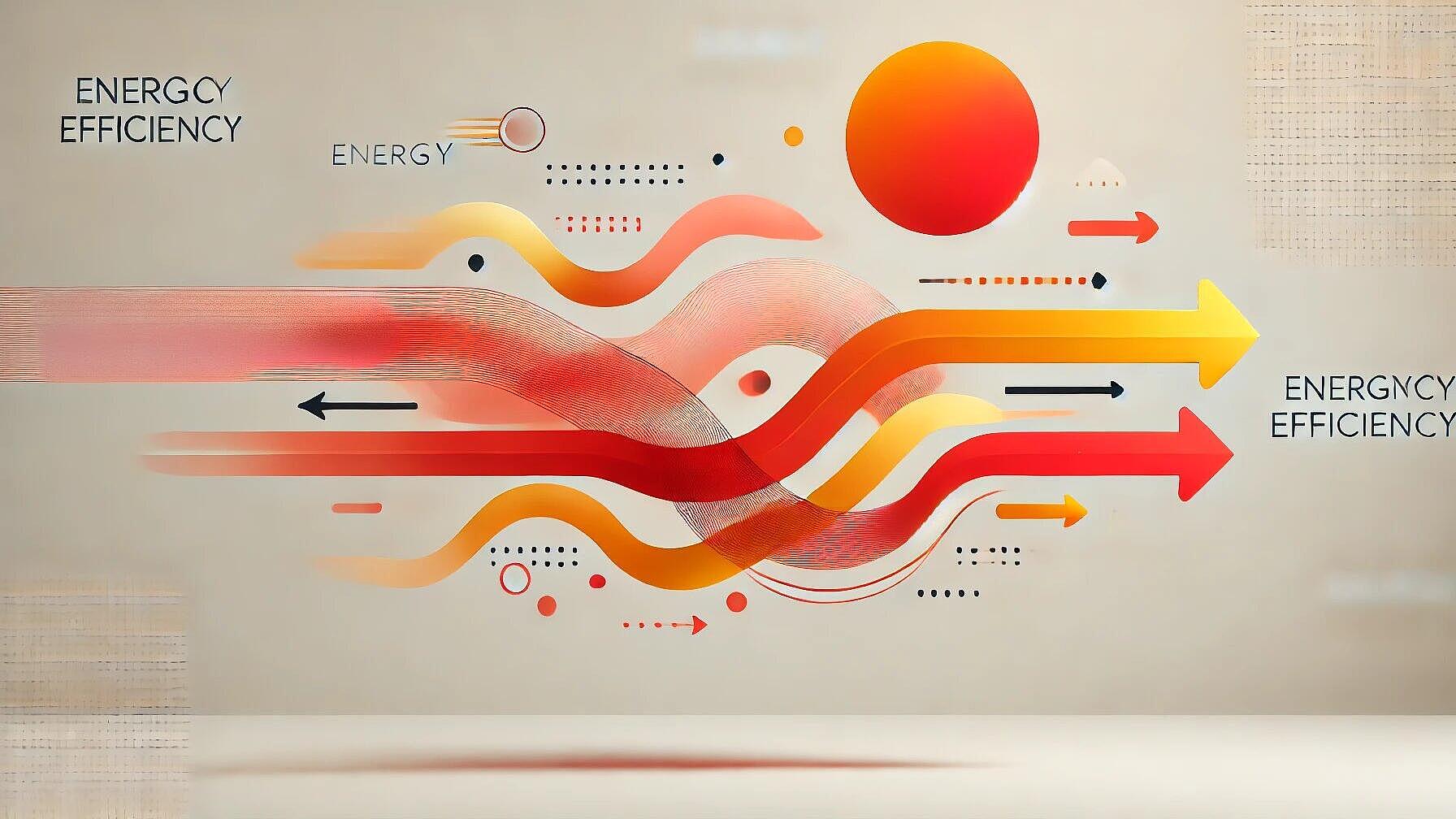 Artigos
ArtigosQuiz Your Way to Energy Mastery! Discover, Learn, and Win with EnerWhizz
EnerWhizz is an educational mobile quiz game designed to enhance energy efficiency and renewable energy knowledge through engaging gameplay. The app features 45-second rounds with five yes-or-no questions, creating a fast-paced learning environment. Scoring points for correct answers, with two incorrect answers terminating the round, adds excitement. Players earn Whizz-Gems for completing missions, which can be used to acquire Whizzerz tools, aiding them in quizzes. Participation in special events offers the chance to win tangible prizes. The game is accessible on various devices and supports 12 languages, catering to a diverse audience. Users can join leagues focused on specific topics and compete at national or global levels, aspiring to reach the PRO League. Weekly missions, dynamic rankings, and both casual and registered play enhance user engagement. EnerWhizz aims to foster awareness and encourage practical steps towards energy-efficient and sustainable living. Easy to start playing without downloading or complex registration, EnerWhizz offers both entertainment and education, positioning the player as a contributor to environmental sustainability.
Leer Artigo completoPrincipais tendências e inovações da economia circular
Este estudo explora o conceito de resíduos para recursos da economia circular e analisa as startups que o estão a impactar. As principais tendências incluem o upcycling de resíduos, a gestão de resíduos optimizada pela IoT, a triagem baseada em IA e a blockchain para rastreabilidade. As startups de economia circular são proeminentes na Europa Ocidental, com atividade crescente nos EUA e na Ásia, particularmente na China e na Índia.
Leer Artigo completoAproveitar o carbono: o ambicioso plano europeu de gestão do carbono industrial
A estratégia de gestão do carbono industrial da UE tem como objetivo a neutralidade climática até 2050, visando inovações na captura e utilização de carbono (CCU), na captura e armazenamento de carbono (CCS) e no transporte de CO2 através de uma rede de 19 000 km. Esta abordagem transformadora, que promove uma cadeia de valor do carbono, poderá gerar entre 45 e 100 mil milhões de euros e criar entre 75 000 e 170 000 postos de trabalho até 2030, posicionando simultaneamente a UE como líder mundial em tecnologias de gestão do carbono. A estratégia coloca a tónica no investimento, na I&D, na participação do público, na cooperação internacional e no desenvolvimento regulamentar.
Leer Artigo completoA revolução das energias renováveis: Alimentar o nosso futuro
Os estudos traçam cenários para um sistema de energia 100% renovável até 2050, destacando a eletrificação, a predominância da energia solar e eólica, a criação de emprego, a flexibilidade da rede, a importância do armazenamento de energia, o papel do hidrogénio verde e os benefícios socioeconómicos, incluindo ganhos em termos de saúde e emprego.
Leer Artigo completoElectrifying Industry: The Path to Decarbonizing Process Heat
The Agora Industry study outlines direct electrification's potential to fulfill 90% of industry's non-electrified energy demands in Europe by 2035, highlighting a key opportunity for CO2 reduction and progress towards EU climate targets.
Leer Artigo completoPowering Efficiency: Revolutionising Compressed Air Systems for a Sustainable Future
This study examines energy savings achievable in industrial compressed air systems (CAS). It highlights common inefficiencies such as leaks, improper storage, and suboptimal compressor location. Implementing best practices can reduce energy usage by 20-60%, implying substantial cost and environmental benefits.
Leer Artigo completoRevolutionizing Pump Systems: The Power of Life Cycle Cost Analysis
Pumping systems represent significant energy and cost usage in industrial operations. Implementing thorough Life Cycle Cost (LCC) analysis can yield major savings by encompassing all ownership costs from initial purchase to decommissioning. Proper design, avoiding oversizing, and maintenance are crucial strategies.
Leer Artigo completoDigital Solutions for Energy Efficiency in Industry
The 4E TCP report demonstrates how digital solutions in industrial motor systems enhance energy efficiency, with case studies showing benefits like reduced electricity consumption, improved operational flexibility, and lower maintenance costs. Advanced control systems, real-time data monitoring, and IoT technologies lead to significant energy and CO2 savings across various sectors, despite initial investment and implementation challenges.
Leer Artigo completoDigital Revolution in Motor Systems: Powering the Future of Energy Efficiency
The paper highlights the revolution of motor systems through digital technologies enhancing efficiency, despite challenges such as lack of standardization and cybersecurity risks. Innovations include smart sensors, IoT, and AI-driven analytics, with case studies showing significant energy savings. Opportunities exist for professionals in data science and cybersecurity.
Leer Artigo completoPowering Europe's Clean Energy Future: Key Elements of the EU Energy Efficiency Directive
The EU Energy Efficiency Directive sets binding targets to reduce energy use by 2030 and introduces measures across sectors for energy savings, prioritizing efficiency, sustainability, and enhanced energy security for European citizens and businesses, requiring member states to implement various efficiency strategies and reporting mechanisms.
Leer Artigo completo
